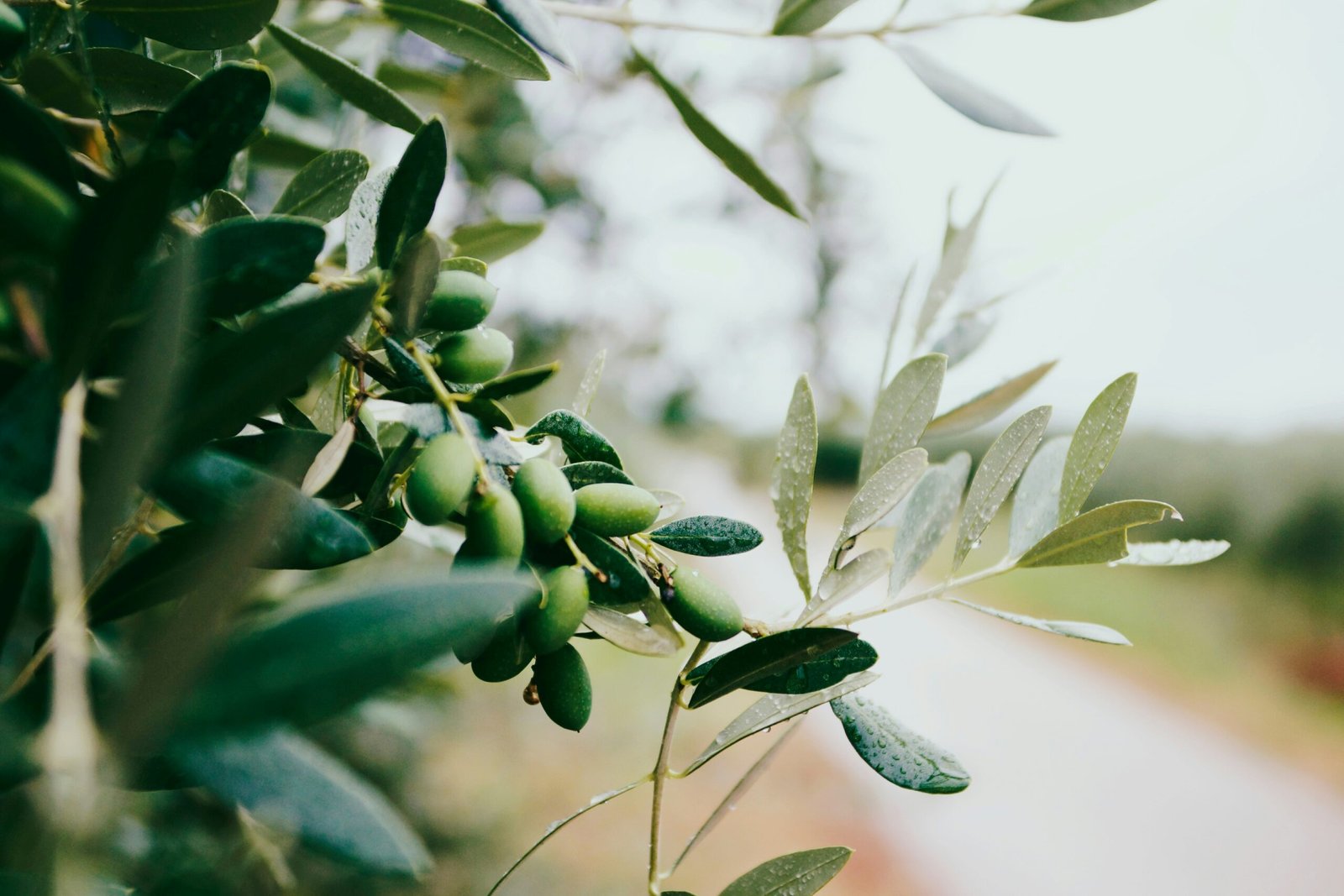Overview of the Olive Industry in Pakistan
by Hamna Rauf
Introduction:
The olive industry in Pakistan has been gaining atraction in recent years. Known for its favorable climate and diverse soil types, the country has ideal conditions for cultivating olives. With a growing interest in health-conscious products, the demand for olive oil and olives as a snack has surged globally. This has opened opportunities for Pakistani producers to tap into the international market.

Olive and its oil are one of major fast-growing export and import market in world. Olive’s origin and wild olive is mostly present in Mediterranean Sea in Europe. Spain is the largest producer of olive followed by Italy, Morocco and Turkey. Mostly olive cultivation is used for oil production which is a significant market worldwide. But there is potential for processed olive for food such as snack or appetizer. Olives intended for oil contain up to 20% oil by weight, based on weight of the pit. Olive trees need warm, dry summers and cool but not cold winters to produce good fruit. And they need very well-drained soil as well. Their deep taproots allow olive trees to thrive in soils that are considered too shallow for many trees.
Major Exporters of Olive :
- Spain : 43 percent
- Italy : 3 percent
- Greece : 8.74 percent
- Tunisia ; 8.3 percent
- Portugal : 10.1 percent
Export potential of olive :
The export potential of olive oil in Pakistan is promising , especially considering the country recent initiatives in olive cultivation . Pakistan has a climate suitable for olive production , particularly in Pothohar region , Khyber Pakhtunkhwa and parts of balochistan .
- Government initiatives
- Growing domestic production
- Quality potentials
- Target markets
Pakistan has the potential to become world leader as olive oil exporting country , said IOC on their visit to Pakistan .
Certifications required :
- Phytosanitary certification
- GAP ( Good Agricultural Practices
- HACCP ( Hazard Analysis Critical Control )
- ISO ( International Organization for Standarization )
Barriers in olive export :
- Lack of Good Agricultural Practices
- Unavaibility of proper harvesting tools and equipments
- Lack of cost effective packaging
- Insufficient branding and absence of market linkages
- Absence of quality standards and testing facilities
- Insufficient production
Future recommendations :
- Establish demand driven market strategy
- Export market analysis
- Implement and strengthen supply side strategy
- Encourage private sector investment mobilization
- Membership of IOC
Current Trends and Challenges
Despite its potential, the olive industry in Pakistan faces several challenges. Farmers often lack access to modern agricultural techniques and efficient supply chains. Furthermore, there is a pressing need for improved processing facilities to meet international quality standards. Recent initiatives by both private and public sectors aim to address these issues, enhancing the productivity and export potential of the olive sector.
Opportunities in the Global Market
The international market for olive products is expanding rapidly. Countries such as Italy and Greece dominate, but Pakistani olive producers have the chance to carve out a niche. By emphasizing organic production methods and unique varietals, Pakistan can differentiate its offerings. Additionally, strategic partnerships and marketing efforts could boost the visibility of Pakistani olives in the international arena, tapping into the increasing consumer preference for quality and sustainability.





Exploring The Wild Olive: A Hidden Gem Of Pakistan’s Flora
[…] Pakistan is poised to have a significant role in olive production with 80 million wild and 5 million planted trees. The initiative which intends to plant 50 million additional trees on 10 million acres before the end of 2026, aims to cut down edible oil import bill of $4.5 billion for self- reliance. Recent investments in infrastructure have bolstered production, and these efforts are supported by collaborative projects with Italy, Spain and China. But, the problems are awareness, training and infrastructure. These solutions include training, local production facilities and financing which are aimed at making Pakistan a leading olive producer in the world. […]